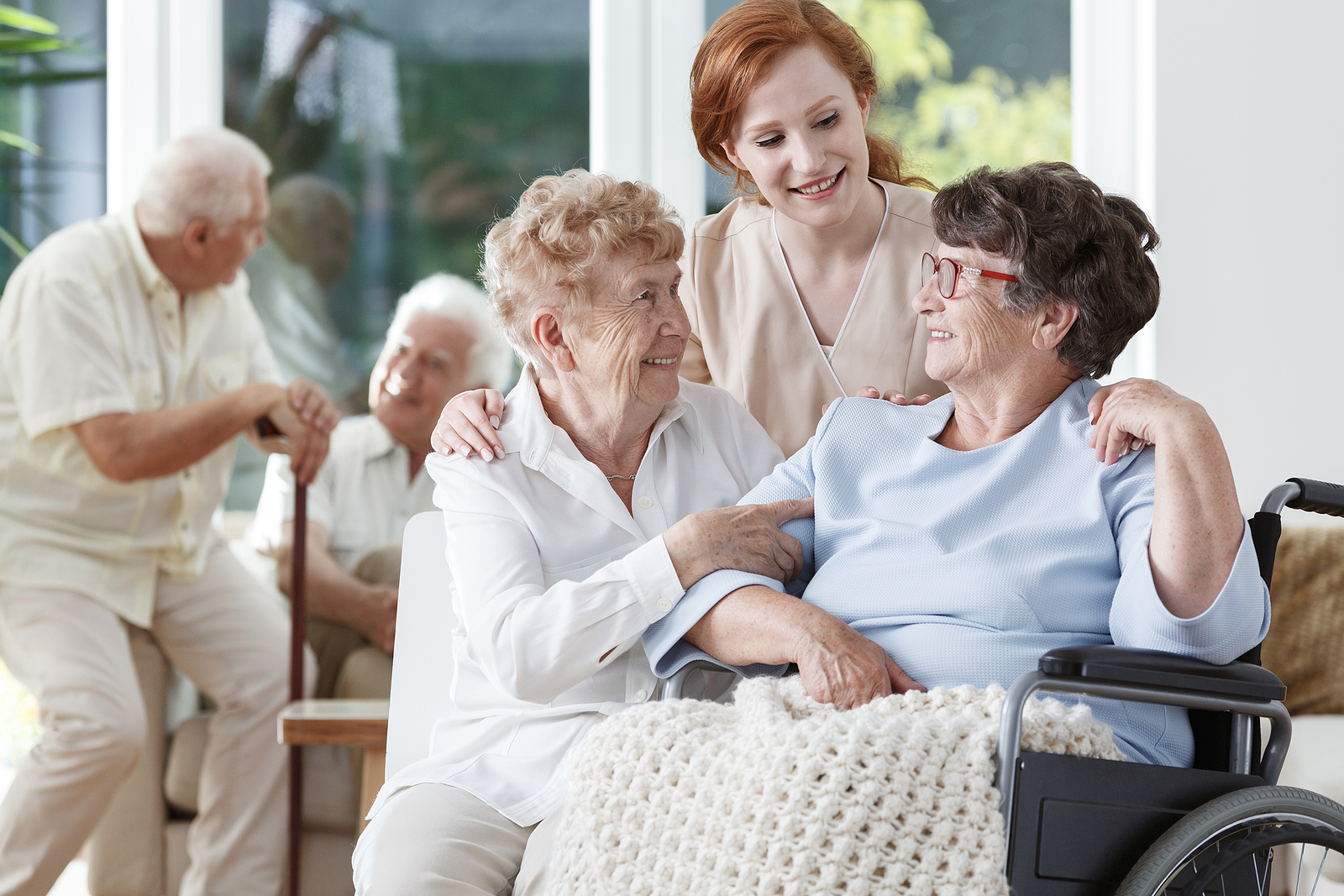How to Improve Social Engagement for Seniors with Alzheimer’s Disease

Author: Home Helpers Home Care
Alzheimer's Care in San Jose, CA and Surrounding Areas
Alzheimer’s disease causes big changes for entire families. Many seniors find it difficult to maintain social connections, especially when the illness progresses. Some seniors with Alzheimer’s disease have trouble with communication and memory, leaving them feeling isolated and alone. Alzheimer’s care providers can help seniors with Alzheimer’s disease to experience the social engagement that they need.
Understanding the Importance of Socialization
Everyone needs social interaction with other people, but it’s especially important for seniors who have Alzheimer’s disease. Social interaction reduces isolation and enhances emotional well-being. But it also helps with cognitive function. Staying socially engaged stimulates the brain and can help with memory retention. All of these are big reasons to prioritize social engagement for seniors with all sorts of cognitive illnesses.
Creating Routines
Daily routines that include opportunities for social engagement are one way to reassure seniors with Alzheimer’s that they aren’t alone. Routines offer predictability, which helps reduce anxiety, too. Group activities on a weekly basis are a great base for a routine, for instance, as are family events. When home care providers stop by, this also becomes part of the social routine. Keeping routines flexible allows for spontaneous adventures as well as changes in health and mood.
Incorporating Familiar Activities
The right routine includes familiar activities for seniors with Alzheimer’s disease. Spending time with groups engaging in crafts, physical exercise, or games can be a lot of fun as well as socially engaging. It’s also good to look at activities seniors enjoyed in the past, like cooking or gardening. Incorporating some of these activities into social events can be soothing for seniors who have Alzheimer’s disease. Familiar activities also help to reduce frustration, which can often be high in seniors with Alzheimer’s disease.
Adapting to Communication Changes
Seniors with Alzheimer’s disease may start to experience communication changes that affect how well they can interact with other people. Technology can be a huge help. Video calls connect friends and family who are far away, but sometimes verbal communication is difficult. Sending texts or emails may be easier, depending on the challenges the patient has with communicating. These subtle differences allow seniors to interact in the ways that are comfortable for them.
Reaching Out in Other Ways
Family caregivers may need to learn new ways to reach out to the seniors they love too, especially as Alzheimer’s disease progresses. Patience and simple language go a long way. Seniors with Alzheimer’s disease typically need more time to respond. Showing interest in what they’re doing and what they’re thinking can help to build connections. Non-verbal cues like body language and gestures can also deepen connections and make communication easier.
Alzheimer’s care providers can help guide seniors with Alzheimer’s and family caregivers to the easiest ways to keep seniors socially engaged. By using a variety of different strategies, families can help seniors with even advanced Alzheimer’s disease stay connected with all of the people that they care about and want to be around. These connections enhance quality of life and keep seniors thriving.
If you or an aging loved one is considering hiring Alzheimer’s care in San Jose, CA, please contact the caring staff at Home Helpers today (408) 317-4969.
